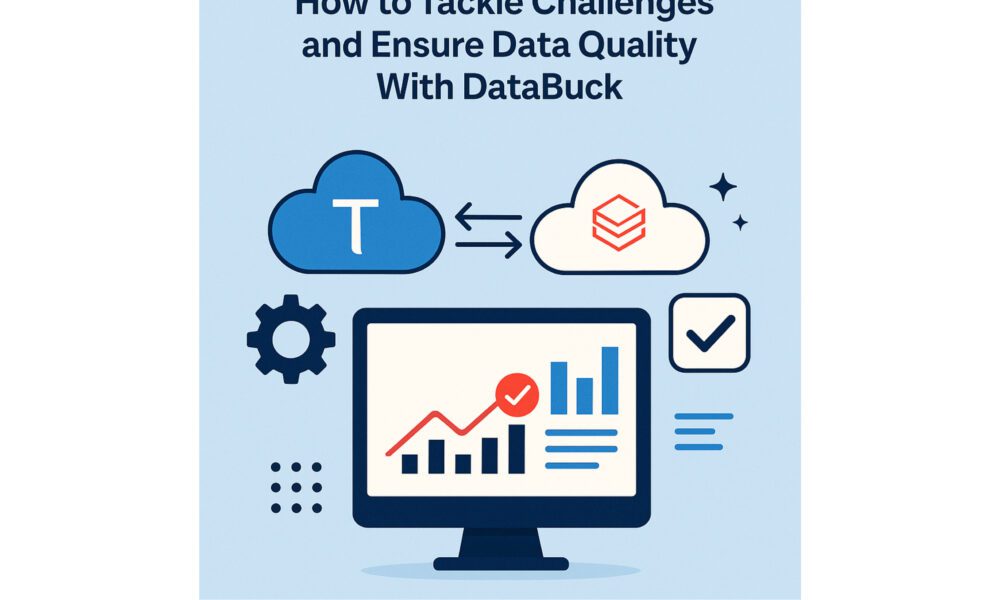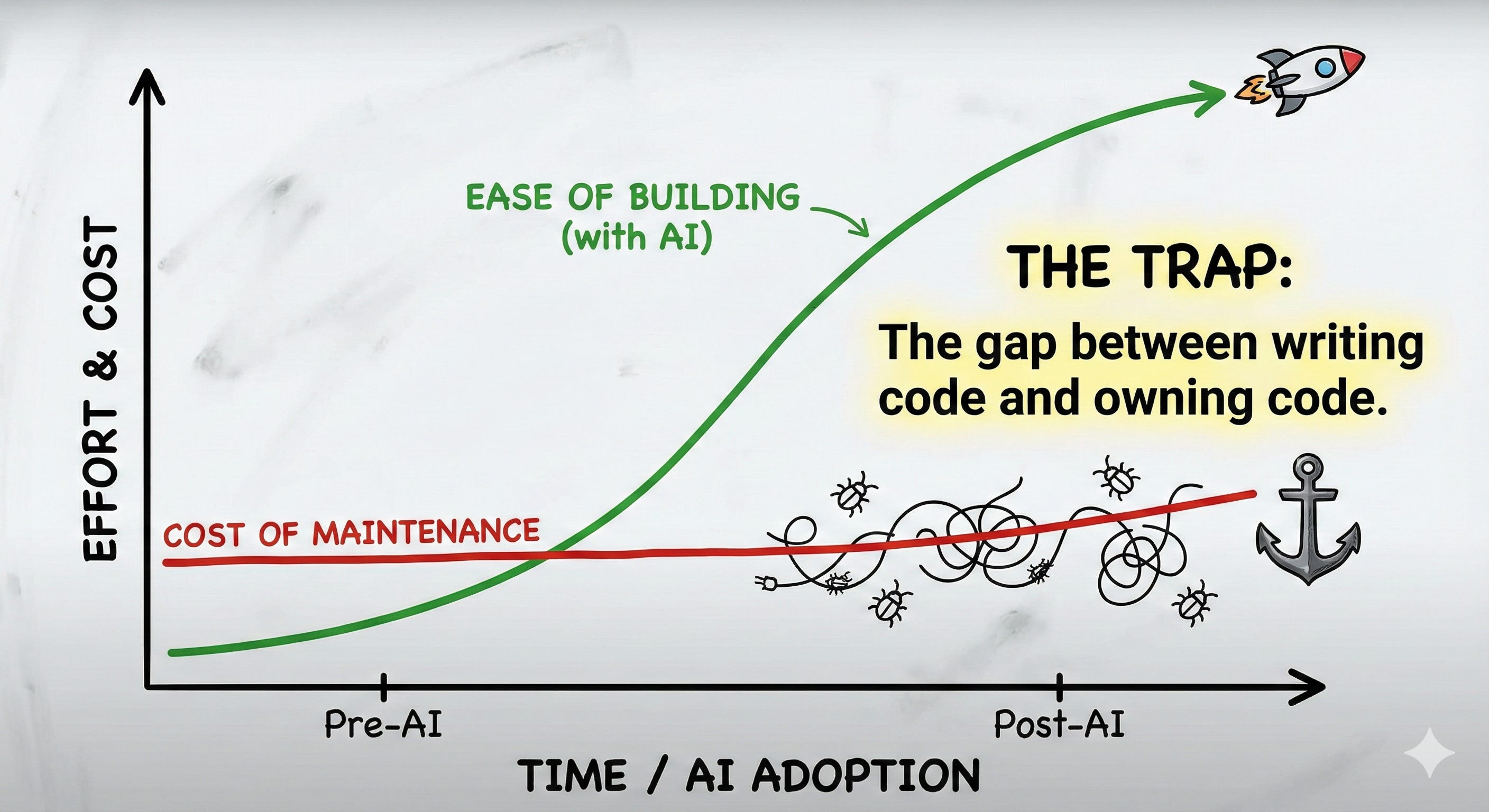In rapid innovation lies tension. Nowhere is this tension more evident than in the swift rise of generative AI and its profound impact on higher education. Universities now face a stark reality: students will embrace these technologies regardless of institutional policy.
Purposeful integration of AI into higher education is therefore no longer optional; it is essential. As Andreas Schleicher, director for education and skills at the Organisation for Economic Co-operation and Development, observes, “The key to success are the teachers, school leaders and decision makers who have the vision and ability to make the connection between students, computers, and learning.”
AI advances at unprecedented speed, transforming how we create, code, solve problems and pursue knowledge, yet universities remain slow to adapt. Academia risks falling irreversibly behind because once this technology accelerates away, catching up becomes increasingly difficult. Without swift adaptation, universities may soon find their role in knowledge creation and dissemination obsolete.
To illustrate how quickly AI is advancing, it is worth considering what these systems can now do. Advanced models can compose coherent, well-referenced essays and reports in seconds. OpenAI’s latest GPT-4 has exceeded expectations, showing human-level or superior performance across numerous academic benchmarks and professional exams. It scored in the top 10 per cent on a simulated US bar exam and reached the 85th percentile on the Law School Admission Test.
Progress in STEM fields is even more striking. DeepMind’s AlphaProof amazed researchers by solving four of six problems in the 2024 International Mathematical Olympiad, equivalent to a silver medal among the world’s most talented young mathematicians. In programming, DeepMind’s latest AlphaCode 2 ranked in the top 15 per cent in elite coding contests, displaying logic and creativity that exceed some professional developers’ skills.
It doesn’t stop there. Perhaps most shocking is how these capabilities combine in autonomous research agents paired with various tools: they can tackle a high-level research question and independently scour databases, analyse data and even formulate hypotheses using real data, rather than merely generating plausible guesses. Tasks that previously took postgraduate researchers weeks to complete are now finished in about 15 minutes.
In short, right now AI can understand law like a lawyer, write like a graduate, solve problems like an engineer, code like a developer and research like an analyst – all at once. And the pace of improvement in AI is only accelerating with each new iteration. What in AI took four years to improve incrementally is now leaping ahead in a matter of months.
Given the incredible pace of advancement, it is perhaps understandable that academics are struggling to stay abreast of recent developments. A common pattern emerges: lecturers try AI and find it wanting, only for the technology to improve rapidly, leaving them arguing about issues that are already solved.
This gap between technological progress and institutional adaptation is widened by the fact that even when academics do catch up and attempt to update their curricula accordingly, traditional academic planning cycles continue to operate on notoriously protracted timescales. Changes to existing module designs require approval before the academic year begins, while new modules or programmes undergo development processes lasting between six and 18 months before initial delivery.
These timelines cannot possibly keep pace with a technology that evolves weekly and is racing toward artificial general intelligence (AGI), a form of AI that can understand, learn and perform any intellectual task that a human can, with adaptability and reasoning across diverse domains. To tech bosses, the question is no longer if AGI will arrive but when.
For university degrees to retain their relevance, we need a change in mindset. The focus must shift from protecting assessments against AI use towards cultivating the skills and attributes graduates need in an increasingly AI-driven world. This isn’t a fixed body of knowledge but, rather, a capacity to think critically and learn continuously.
Campus spotlight guide: Bringing GenAI into the university classroom
To achieve this, three distinct changes are needed. First, academics must be aware of the most recent AI developments and make learning design decisions accordingly. They should continuously engage with AI tools that are directly related to their disciplines. Some students will already be ahead of them in AI experience; that’s not a threat, but an opportunity. The best way to prepare graduates for a future marked by accelerating technology is to model lifelong learning ourselves. Academics should learn alongside students, creating space for experimentation and critical discussion.
Second, institutions must better support continuous adaptation. Quality assurance is important, but if the process is so rigid that courses can’t keep pace with AI’s rapid development, it becomes a roadblock to relevance. Teaching methods and assessments must be allowed to evolve during course delivery without requiring protracted bureaucratic approval. One way to enable this is for faculties to embed AI education specialists: experts who can advise and approve course adjustments in real time.
Third, and perhaps most important, universities need to build connections between their educators and AI developers in industry. This benefits both sides. Universities gain insight into technological trajectories, helping them integrate forward-looking generative AI applications into the curriculum, and developers receive valuable feedback from a cohort of users who critically evaluate AI while pushing it to its limits.
In embracing this partnership, academia can ensure graduates excel in this new industrial revolution. As American philosopher Eric Hoffer noted with prescience, “In times of change, learners inherit the earth, while the learned find themselves beautifully equipped to deal with a world that no longer exists.”
Caroline Clewley is an AI futurist at Imperial College London, advising on the integration of generative AI into education, and leads Imperial’s flagship I-Explore programme. Lee Clewley is vice-president of AI at eTherapeutics, a cutting-edge drug discovery company. He was formerly head of applied AI at GlaxoSmithKline.











